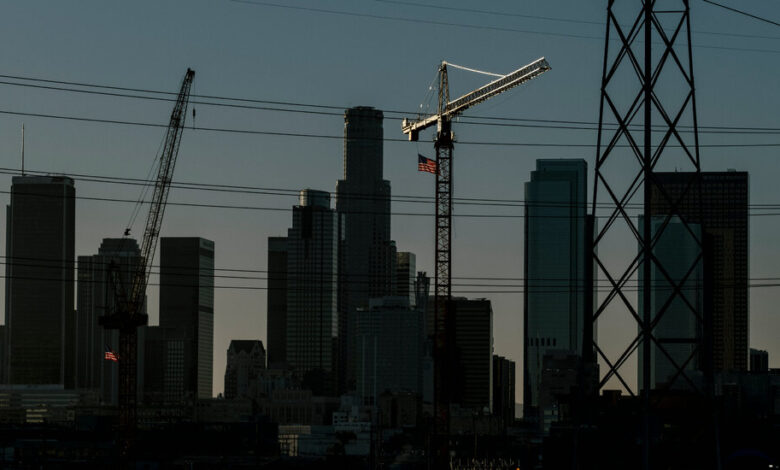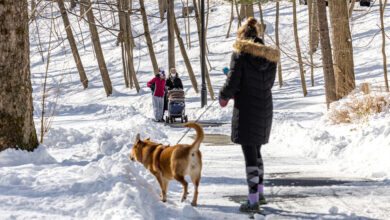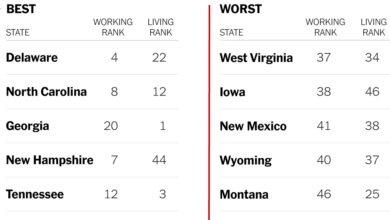Crane Index Shows Dip in Commercial Construction, Rise in Residential

[ad_1]
As more workers convert their living rooms and bedrooms to home offices, more commercial spaces are left vacant. The evolving work space is one reason crane construction of residential and mixed-use spaces is up across North America, according to a new report.
The biannual Rider Levett Bucknall Crane Index for North America, which tracks the number of tower cranes across 14 U.S. and Canadian metro areas, reports that the overall crane count increased by 7.04 percent from the third quarter of 2022 to the first quarter of 2023.
According to the survey, eight of the metros saw an increase in cranes, two saw decreases and four held steady — and while a 7.04 percent increase may seem small, it’s the highest reported increase since 2021. To collect the data, researchers count the number of fixed cranes on work sites by tracking construction permits submitted and by simply driving around (biking in New York) to identify tower cranes.
Commercial cranes are down 20 percent collectively in the metros surveyed. In New York, the report focuses on Manhattan, using 14th Street to 59th Street, and Second Avenue to 12th Avenue, as its parameters. The area saw a decrease in cranes, from 14 to 10.
“We’re going to see a big push toward repurposing of existing commercial buildings into residential, meaning that there’s not going to be these new out-of-the-ground buildings that require cranes,” said Paraic Morrissey, an associate principal leading RLB’s New York office.
Among the total cranes counted, 73 percent are used for residential and mixed-use projects. In Denver, total cranes increased from 32 to 36, with more than half dedicated to residential construction. Las Vegas, with 12 active cranes, has a wave of developments on the way, including a renovated New York-New York Hotel and Casino, and a planned Formula 1 Grand Prix complex.
In Los Angeles 43 percent of cranes are dedicated to mixed-use projects, while in San Francisco, seven of the 17 cranes are being used for residential construction, including affordable housing. Up in Toronto, the report noted 13 new cranes for residential buildings, while commercial cranes fell by six.
Michael J. Cooper, the president and chief responsible officer of Dream, a real estate firm based in Toronto, attributed the spike in cranes to Canada’s 2.7 percent population growth in 2022. “It is driving a tremendous demand for rental properties,” he said.
[ad_2]
Source link






